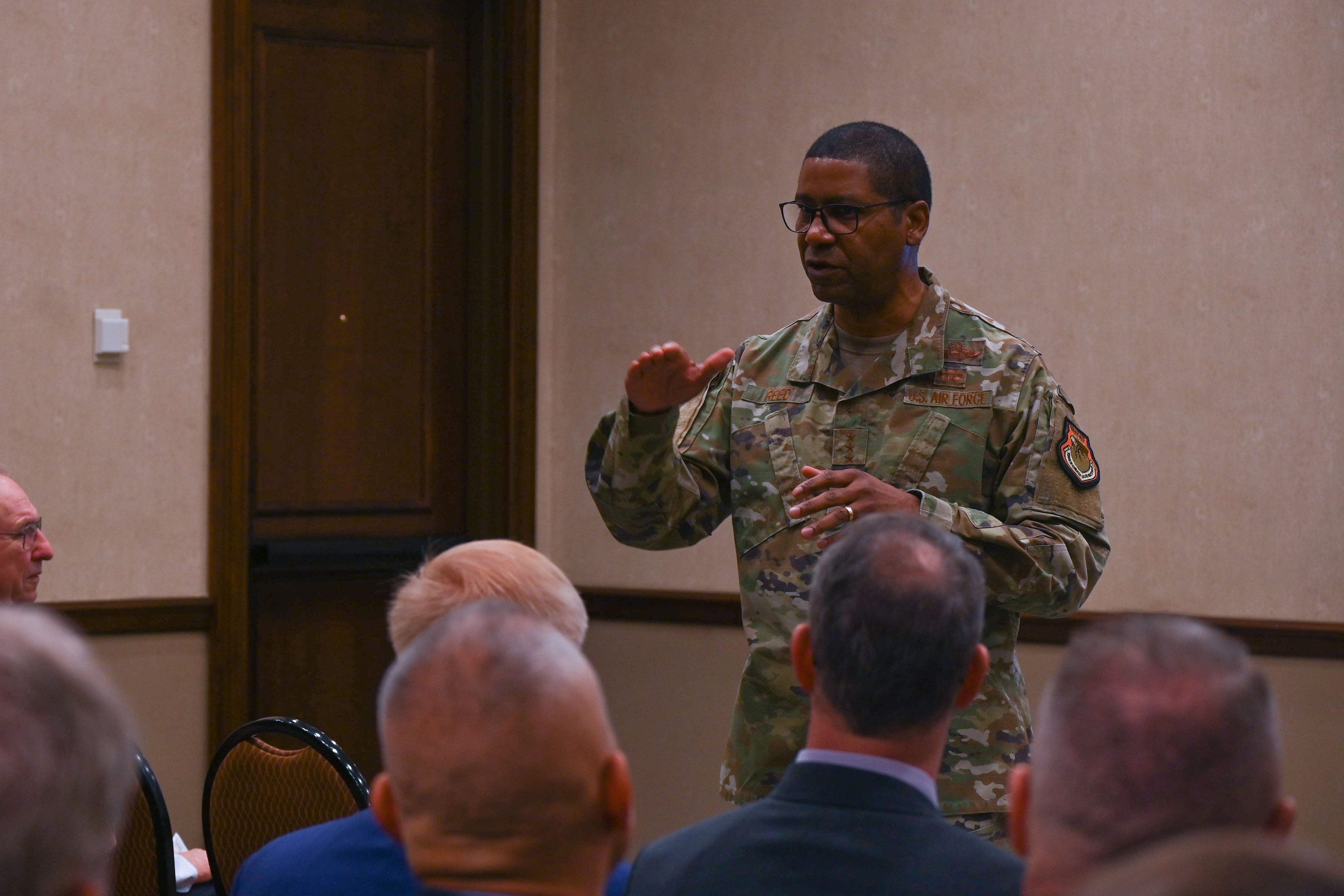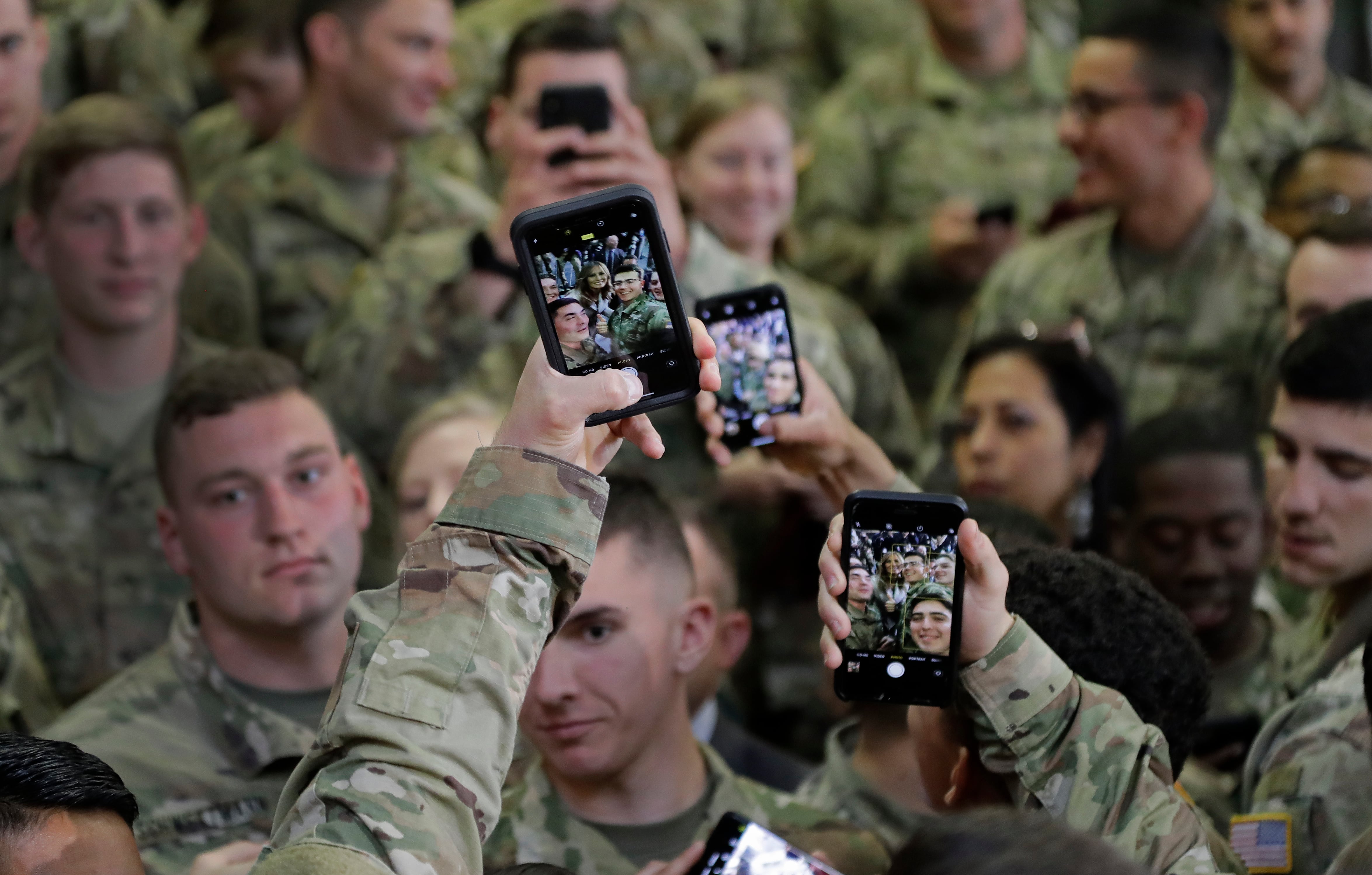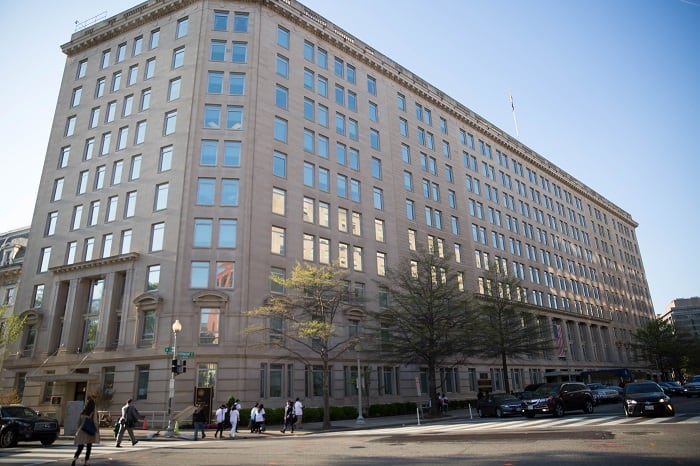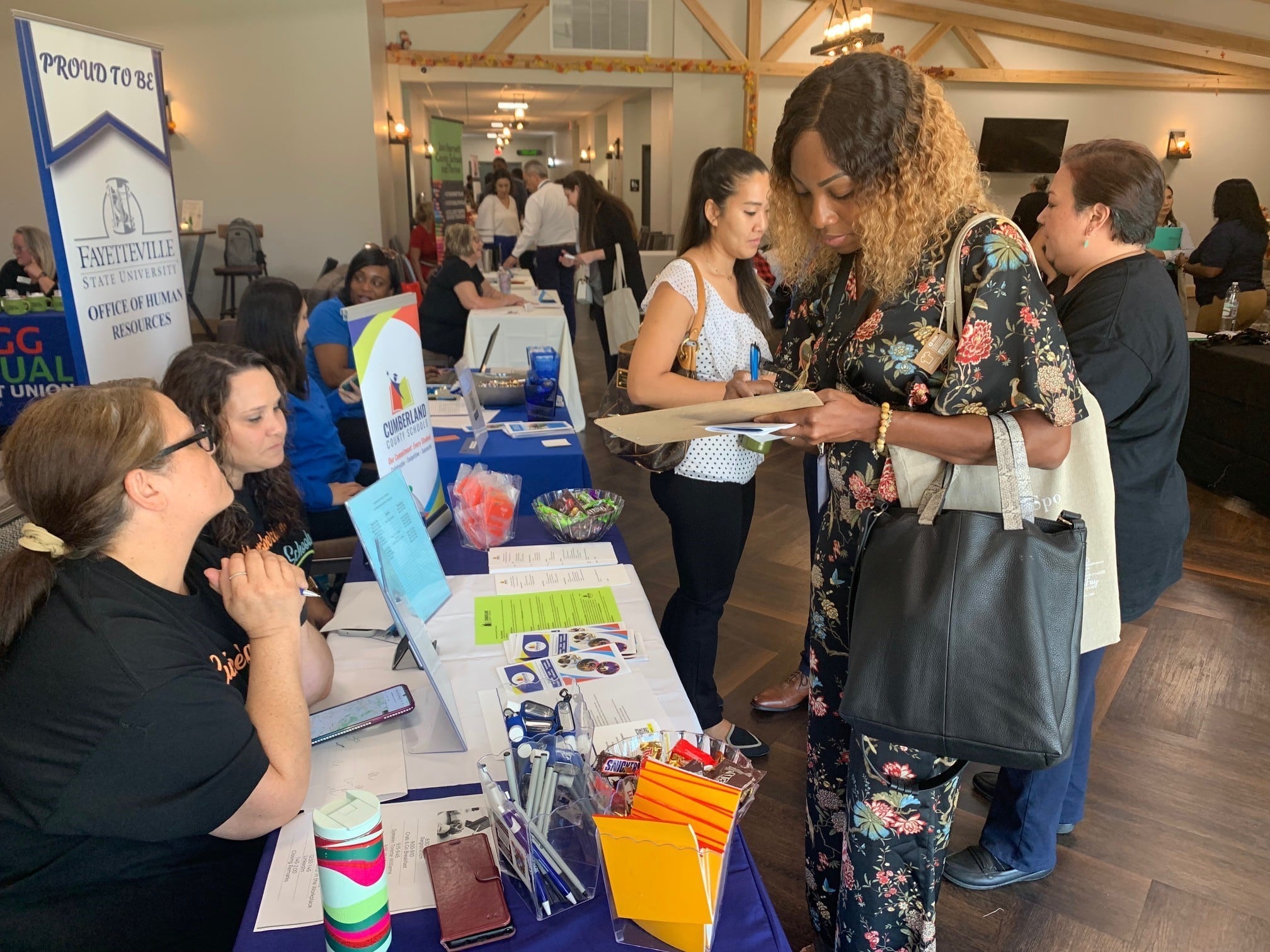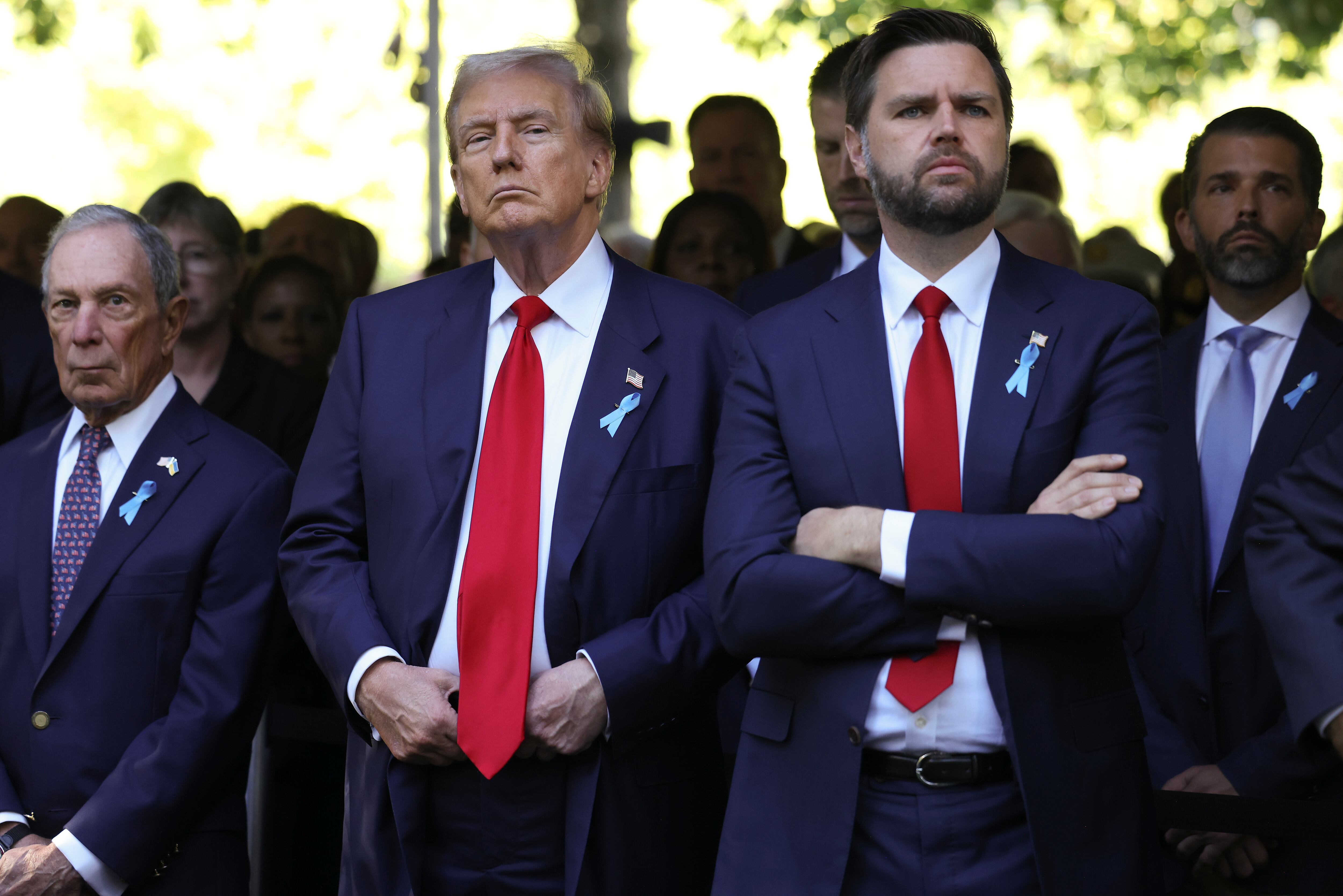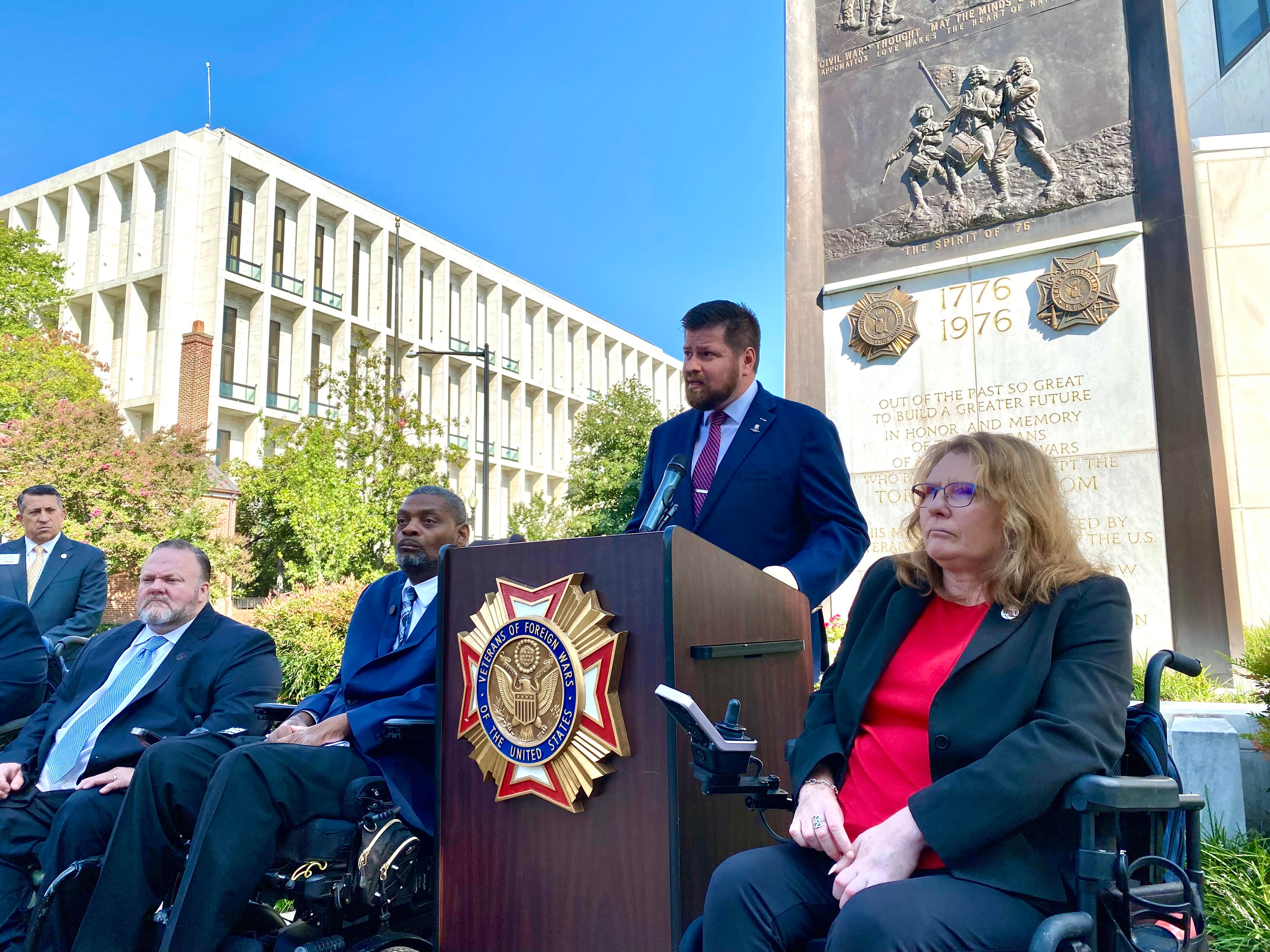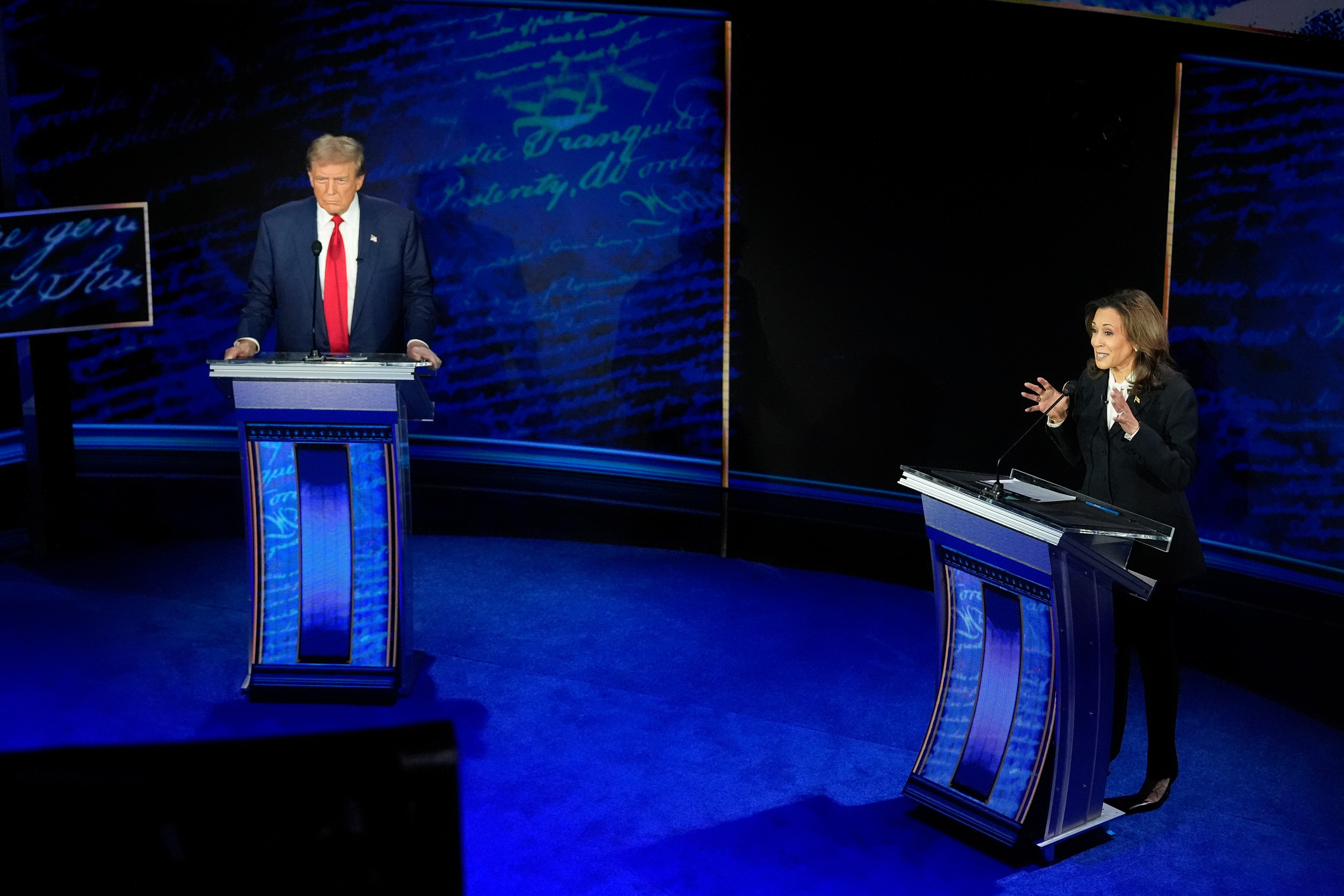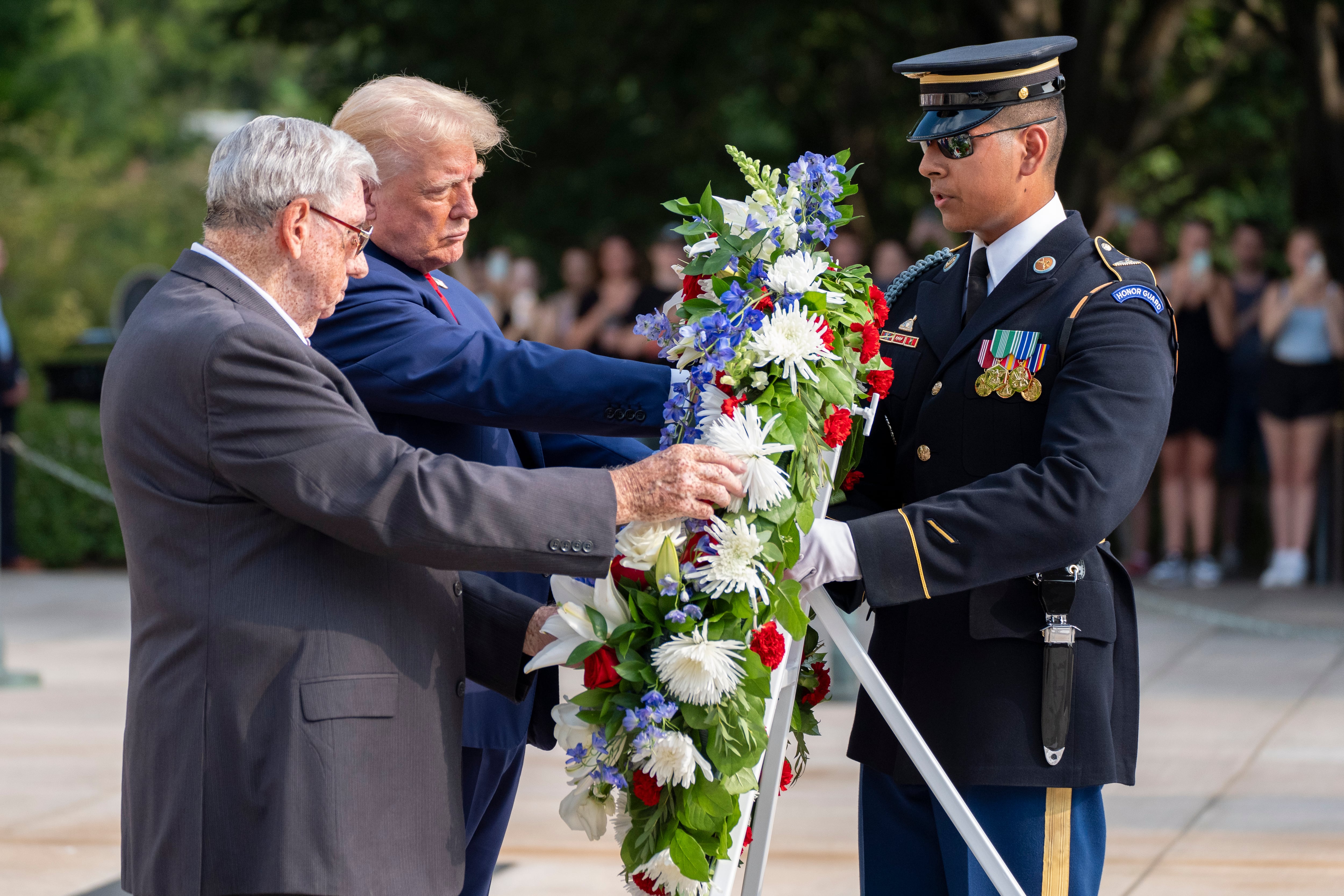In December 2021, two writers who have been involved in Afghanistan throughout their lives published a new book to raise funds for Afghan charities and help refugees learn English while reading about the path of a wartime refugee.
Jason Criss Howk is the author of “Ali’s American Dream: An Iraqi Refugee’s Story of Survival and Triumph,” and Nasirullah “John” Safi helped with editing and wrote the foreword. The two have written together before, including pieces published in Military Times, and Jason helped John publish his memoir in 2021. John has been on a tour discussing life as an interpreter to U.S. forces in Kunar for his book “Get the Terp Up Here!”
In their latest collaboration, Jason and John bring us a story of a fictional Iraqi refugee who arrives in America with $20 in his pocket following life in a Saudi Arabian refugee camp after the 1991 U.S. Operations in Iraq and Kuwait. “Ali” had been a part of the Iraqi uprisings against Saddam Hussein and was forced to leave his family and country to start over in the United States. This book is suitable for both adult and child readers who are learning English as a second, or in many cases third or fourth, language.
It was written to help the recent surge of Afghan and Iraqi refugees and former interpreters to U.S. forces that have been arriving in America. It will make a great addition to the library of your local English as a Second Language center or school.
This is how Nasirullah, an Afghan special immigration visa recipient and volunteer with refugee assistance organizations, felt after he read the book for the first time: “I found my journey, my life and soul in this book. It’s the story of thousands of Afghans who recently arrived in the United States and are still coming. I couldn’t put it down, what an amazing and inspirational story. This is the new “The Alchemist.” It’s the story that needs to be taught at ESL and ESOL, and college writing classes. What an amazing suspense and hook in between chapters. Once you start reading it, you won’t put it down.”
The profits from the book will go directly to charities helping those being affected by war. The first priority for donations will be Afghan-led charities in Afghanistan that are helping provide food, shelter and education to Afghans this winter. You can buy the book here from Amazon.
Here are some excerpts from the book.
1992, Saudi Arabia
Ali was a college graduate. He loved books. But, not the textbooks about plant diseases the Iraqi government made him study. Ali loved poetry and political science. He started to read and write poetry in the 9th grade.
He did not love war or being a soldier. But in Iraq he had no choice. Ali Hasan could not just watch his family and friends get killed. He joined the fight against Saddam Hussein. He fought to protect his family from anti-Shi’a militias.
That was a year ago. Now Ali was paying for his choice. He and thousands of Iraqis sat in a Refugee Camp. It was a harsh place that felt like a Prisoner of War camp. In Saudi Arabia they didn’t like people of his religious sect.
Every day, Ali felt like he had nothing to lose anymore; Ali would do what he thought was right every day. He had his radio, his books, and lots of time to think.
Ali had a precious envelope in the camp with him. Inside it he had his college degree and his transcripts. More importantly he had his Iraqi identification papers and a business card from an American professor. Ali had kept Professor James Madison’s card safe during his run from the Iraqi regime.
In 1989, Ali had met Doctor James Madison. His name was like a U.S. president and he spoke a little Arabic. James was a guest at an Iraqi poetry festival. Ali spoke English and volunteered to be an interpreter for the event. He was assigned to the American team. That meant that Ali could enter the hotel where they stayed. Ali did not have money so he slept on the lobby couches.
Professor Madison asked Ali how they could get away from the Iraqi security guards to explore Baghdad. Ali and James came up with a trick plan. Each day before the bus left the hotel for the poetry festival, James would hide in the bathroom. He would stay in the bathroom until Ali told him the bus left. For missing the bus, the Iraqis made Madison walk to the festival. Ali was allowed to go with him to translate.
Professor Madison handed Ali his business card when he left Iraq. James was very pleased with the daily tours of Baghdad that Ali gave him. Madison told Ali to call him if he ever came to America.
1993, On a Plane to Atlanta, Georgia
Ali was sleeping and dreaming about Saudi Arabia and the refugee camp. It was a 10-hour flight from London to Atlanta.
Ali was very popular in the refugee camp. He was known to be smart and fair. The Saudi guards used his status to keep the other refugees out of trouble.
Ali spent most of his day in the camp reading and writing. He sat on his cot in his blue and white-striped pajamas. He didn’t like to fall asleep in the camp. He would have nightmares about his family in Iraq. After the nightmares Ali would wake up wondering if his family was alive.
Ali studied the Qur’an and other books in the camp. He had decided his time in this prison would not be wasted. Ali knew he wanted to become a teacher one day. Everyone in the camp knew Ali was collecting books to read. They brought him their unwanted books. Ali had left behind a large library in Iraq. His sister said she would take care of it until he returned. She was a nice girl and he trusted her judgement.
Ali was awakened by the stewardess. “We are about to land sir.” She said in a soft voice.
The Deep South
Ali Hasan was now alone in the Atlanta airport with a small back pack on his shoulder. He had twenty dollars in the pocket of his used Levi’s jeans. He had traded in his refugee pajamas for some American clothing before boarding the plane in Riyadh, Saudi Arabia.
The USO station at the airport was full of traveling military members as Ali walked by.
He looked at the instructions that he took from his pocket. An Iraqi family was supposed to meet him at baggage claim. They would help him assimilate to America.
He did not know the family or even what they looked like. He thought they would easily spot him. He was one of the only rail-thin Iraqi men at baggage claim.
Ali had been studying English for years. He was still unable to understand the thick southern accent he was hearing. It reminded him of the U.S. guards at the camp. They spoke in such a slow manner. They also slurred their words and he was happy to pick out a word or two.
He wondered if he would ever be able to understand all the American accents.
Then something miraculous happened to Ali. He heard a friendly voice call out in perfect Iraqi Arabic. He looked up to see smiling faces and outstretched hands. Tears ran down his face as he stopped to stare at the Iraqi family rushing towards him.
They blessed him and hugged him and told him he was skinny. They took his small bag and asked what his luggage looked like. He stuttered and was embarrassed when he told them he had no suitcases.
The family just smiled politely and began walking him to their car outside. Ali hadn’t felt genuine love or friendliness in two and half years. He was overwhelmed. He tried to hold in the tears of happiness, but it was not possible.
Setting Goals
To achieve the big goals, he needed to create a list of smaller goals first. Ali needed money so he could live in his own place and get a car. Everyone drove in his small town and he needed to be able to get to work.
Ali worked with the oldest boy and his host family father to learn the rules of the American road. He passed his driving exam on his second attempt. He could drive fine but the written exam was difficult because he was not familiar with the American road signs. The British had influenced driving too much in Iraq.
Ali worked with the younger children in his host family to learn Southern English. He watched TV and used their old English workbooks to test himself. The television shows were an easy way to learn conversational English.
TV also allowed him to hear many American accents. He now knew the differences between Boston, Los Angeles, and New York accents. He found cartoons to be useful because the words were small and they taught him American humor. Jokes can be the hardest things to understand in English.
The host father told Ali that to be successful in America he needed to speak good English, have a job, have his own car, and pay his bills on time. He never forgot that advice and one day he would teach it to his children.
His host family father, was a kind man and honest too. Ali enjoyed talking to him. He was so patient and answered his questions. Ali learned to trust him and the rest of the family.
The Working Man
Ali was 3 hours into his 8-hour shift and he was sweating heavily. The heat coming off the 350 degree deep-fryers was intense. Ali was in-the-zone as the lunch rush was underway.
A rack of French fry baskets was on his left, with 20 defrosting baskets of potatoes ready to hit the oil. He had two baskets of fries in the oil, one basket of onion rings, one basket of chicken tenders, and the 5th and 6th fryer baskets held the chicken sandwiches and fish sandwiches.
Ali was the most important person in the lunch work crew. He cooked 60 percent of the food by himself. The rest of the crew made all the hamburgers of every variety.
The manager told Ali that he would be a cook until his English improved. Ali could read the black and green screens that told him what food was being ordered. But he could not speak well enough to run the cashier station or to hand out the food orders to the customers. People complained that they couldn’t understand him.
Ali befriended the manager after a few weeks. The manager appreciated hard work and smiled when Ali rode up on his bicycle. He always knew that Ali would show up on time and do his job well. The manager was an overweight white man who liked to smoke cigars. They were cheap cigars, and smelled very bad.
Language Skills
Ali learned how to speak English very well. He no longer needed his host-family’s kids to be his translators when he went out of the house. He felt confident with American English, which is different than British English.
He now had a driver’s license. He had bought a 1975 Dodge Dart for $300 and used it for a year. The Dodge burned a lot of oil, but was reliable. The young folks at Burger King were always happy to help him practice driving in the parking lot after their shift. Ali would sometimes scare them pretending he couldn’t understand their directions.
He never told them he was a tank driver in the Iraqi Army and could drive a car well. He really “took lessons” because he enjoyed their friendship and he wanted to always improve his English-speaking skills.
Most of all, Ali left his job with a sense of accomplishment as he began his journey to California. He had taken a huge step from a poor refugee to a contributing member of American society. Ali had gotten his own apartment, an automobile, a checking and savings account, and even car insurance. He was lucky his health was good. He so far had avoided the shocking cost of a doctor visit. He just purchased over-the-counter medicine as he needed it.
Ali had decided to study to become a college professor. He wanted to study Political science or Islamic history and there were many schools in California that had great programs. To Ali’s delight he found a job at a refugee assistance business in San Francisco near those colleges he liked. Ali’s host family were very proud of him.
Good News
From 1993 until 1998 Ali struggled financially as a student. Everything he was doing in America was to help his family in Iraq. He worked to pay for his school, and sent money home. Ali felt taking care of his family in Iraq was his sacred duty. His sister was still watching his library for him.
One day his sister told him over the phone that he ought to get married. Ali laughed and asked who she had in mind.
Ali’s sister had met a girl at college who had the same last name as Ali’s best friend. She asked her if she was related to Mohammed. It turns out this was his little sister. Ali’s sister became friends with Mohammed’s sister. Ali laughed and told her that he had never seen her before. It was normal in Iraq to spend time at a boy’s house and never see his sisters.
Finally, Ali asked his sister about his library to change the subject. She demanded he tell her if he wanted a wife or not. Ali laughed and said “I trusted you with my books so why not. I will trust you with finding a wife.” Ali’s sister proposed on his behalf to her best friend and she said yes. Ali’s best friend was very happy.
Ali could not travel to Iraq to marry his fiancé. He had to pass a U.S. citizenship test first so they could marry and she could return to the U.S. Ali passed the test as soon as he could and they gave him a date to swear his oath. Ali was now excited to meet his wife and he made a plan with Mohammad to marry her.
This excerpt from “Ali’s American Dream: An Iraqi Refugee’s Story of Survival and Triumph,” © Tamarisk Press, December 2021, by Jason Criss Howk, with foreword by Nasirullah “John” Safi, was published with permission of the author.
Jason Criss Howk is a retired soldier who conducted defense, diplomacy, and education missions around the globe for the United States. After his 23 years of service Jason became an interfaith leader interested in improving tolerance between people of all faiths. He is an award-winning author, painter, and photographer, and a struggling guitar player. He is currently the Director of Global Friends of Afghanistan, an educational think tank focused on helping North American and Europeans to understand Afghanistan and amplifying the voices of Afghans. He is also the Senior Editor of A Voice for Two Nations that gathers and published stories by Afghans and veterans.
Nasirullah “John” Safi was born and raised in Afghanistan under the Taliban regime. He bounced back and forth between Madrassas and homeschooling to fulfill the dream of becoming a medical doctor, a profession that Safi and his mother chose because she suffered from chronic illness and he wanted to help her. In 2001, a U.S.-led coalition began the War on Terror that not only changed his life for better, it improved the lives of millions of Afghan men, women, and children as well.
Have an opinion?
This article is an Op-Ed and as such, the opinions expressed are those of the authors. If you would like to respond, or have an editorial of your own you would like to submit, please email Military Times Managing Editor Howard Altman.
Want more perspectives like this sent straight to you? Subscribe to get our Commentary & Opinion newsletter once a week.


